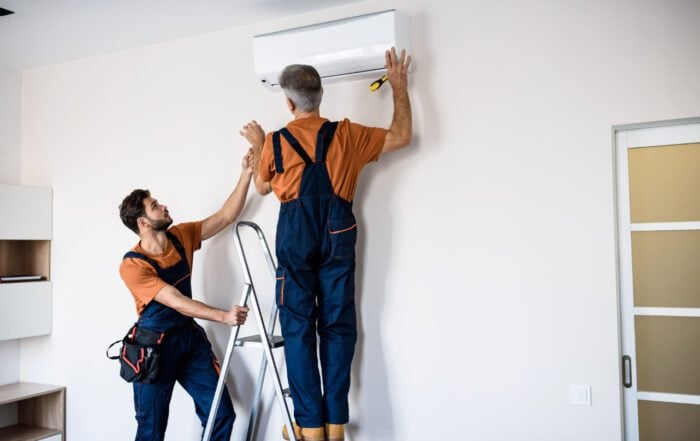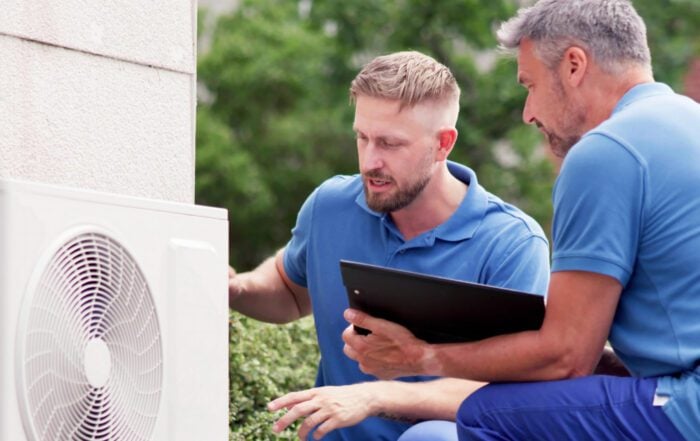‘Tis the season for wrapping presents, enjoying hot chocolate, and battling winter storms.
As residents of the Greater Cleveland area, heavy snowfall and ice are nothing new to us; and because of lake-effect, we tend to take a more substantial beating than the rest of our home state. We deal with these frigid gales every year, and this year will be no different.
While we’re all fully aware of the impending storms, not taking precautions can lead to disastrous results. Just last year, there were 31 deaths from cold weather alone.
There are a few precautions we can take to stay safe during the winter season.
Safety Tips for Winter Storms
Pay attention to weather updates
News channels and weather apps will often use winter storm terms that you should watch out for:
- Outlook: Conditions can potentially worsen over the next two to five days, so keep an eye on updates.
- Watch: Storm conditions may develop over the next 36 to 48 hours.
- Advisory: Conditions are expected to cause some inconvenience and hazards if you do not take precautions.
- Winter Storm Warning: Severe conditions are happening or will begin within 24 hours – take all safety precautions.
- Blizzard Warning: High winds combined with heavy/blowing snow is reducing visibility and is expected to last for more than three hours.
If you see any of these words used during a weather update, don’t ignore them. These warnings are giving you an advanced notice to prepare your home and family from potentially hazardous conditions.
Have an emergency plan in place
Even with plenty of preparation, emergencies are still bound to happen. The best solution is to plan for the worst, so when something does happen, you know what to do.
If you don’t have an emergency plan already, the Red Cross has guides to help you and your family create one.
Keep your pipes from freezing
Unfortunately, when water freezes, it expands. This can be detrimental to your water pipes. They can quickly freeze in winter conditions due to lack of insulation.
You’ll want to close any valves directing water to outside spigots. If you have supply lines running through your garage, keep your garage door closed.
When the temperature drops too low, let each of your faucets drip cold water. This keeps the water flowing through the pipes just enough to keep them from freezing. And if you plan on leaving your home for an extended period of time when storms are possible, do not set your thermostat below 55°F.
Make sure your heating unit is up to date
If you haven’t had your heating unit inspected in a while, do it. The last thing you want to experience is a heating failure during a blizzard.
Make sure your home is properly insulated
Any area where drafts can enter the home – windows, doors, etc. – should be adequately sealed. A quick re-caulking or adjustment to the weatherstripping will do the trick.
You can also cover the inside of your windows with plastic lining for added protection from cold air leaking through window panes.
Take care when using space heaters
Space heaters are notorious for drawing a high amount of energy, so be aware of using them on the same circuit as other high-energy consuming appliances and electronics. Plugging too many into the same circuit can trip a breaker or fuse, potentially leaving you with no power during a winter storm.
Lower your fuel consumption
Because storms can last for several days, fuels such as electricity and gas are in high demand. Turning down the temperature of your thermostat helps to conserve power.
Keep a backup generator nearby
Power failure is not at all uncommon during these winter storms – heavy snow or ice can knock out power lines, leaving you in the dark and possibly with no heat. Having a generator on hand can provide temporary power to your home, long enough for the storm to end and for the power companies to fix the issues.
Also, make sure to keep extra fuel at your disposal in case your power is out for an extended time. Fuel such as gasoline should be stored in a safety-rated can in a ventilated area, away from the generator. Before refueling, make sure the generator is shut off and has had time to cool down – pouring gasoline into a hot or active machine can ignite a fire.
Check the batteries in your smoke and CO detectors
CO detectors and generators go hand in hand. Backup generators should always be kept outside, away from the house, but it’s still best to err on the side of caution. Battery failure during a winter storm can be dangerous for your family, so start the season with fresh ones.
Avoid driving during a winter storm
Weather conditions can change and worsen with no notice. Heavy precipitation lowers visibility, and ice and accumulated snow lessens traction.
The U.S. Department of Transportation reports the annual average due to snow/sleet is 210,000+ crashes, nearly 56,000 injuries, and 739 deaths; icy pavement accounts for almost 152,000 accidents, 38,770 injuries, and 559 deaths. It’s best to stay off the roads and in your home when a winter storm arises to avoid becoming part of those statistics.
Winter storms can be intimidating, but a little precaution and planning can help you weather the best of them.
If you haven’t had your heating unit inspected this year, contact Stack for an evaluation.
Have Any Questions?
If this is an emergency please call 440-937-9134.
Otherwise, please feel free to call us or submit this form to schedule an appointment for service or request an estimate. We will contact you shortly!



